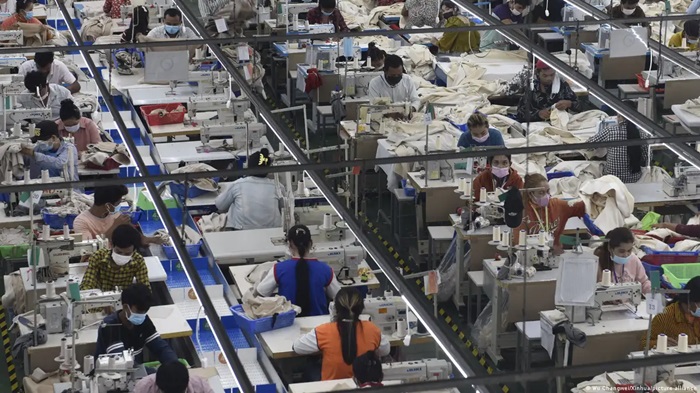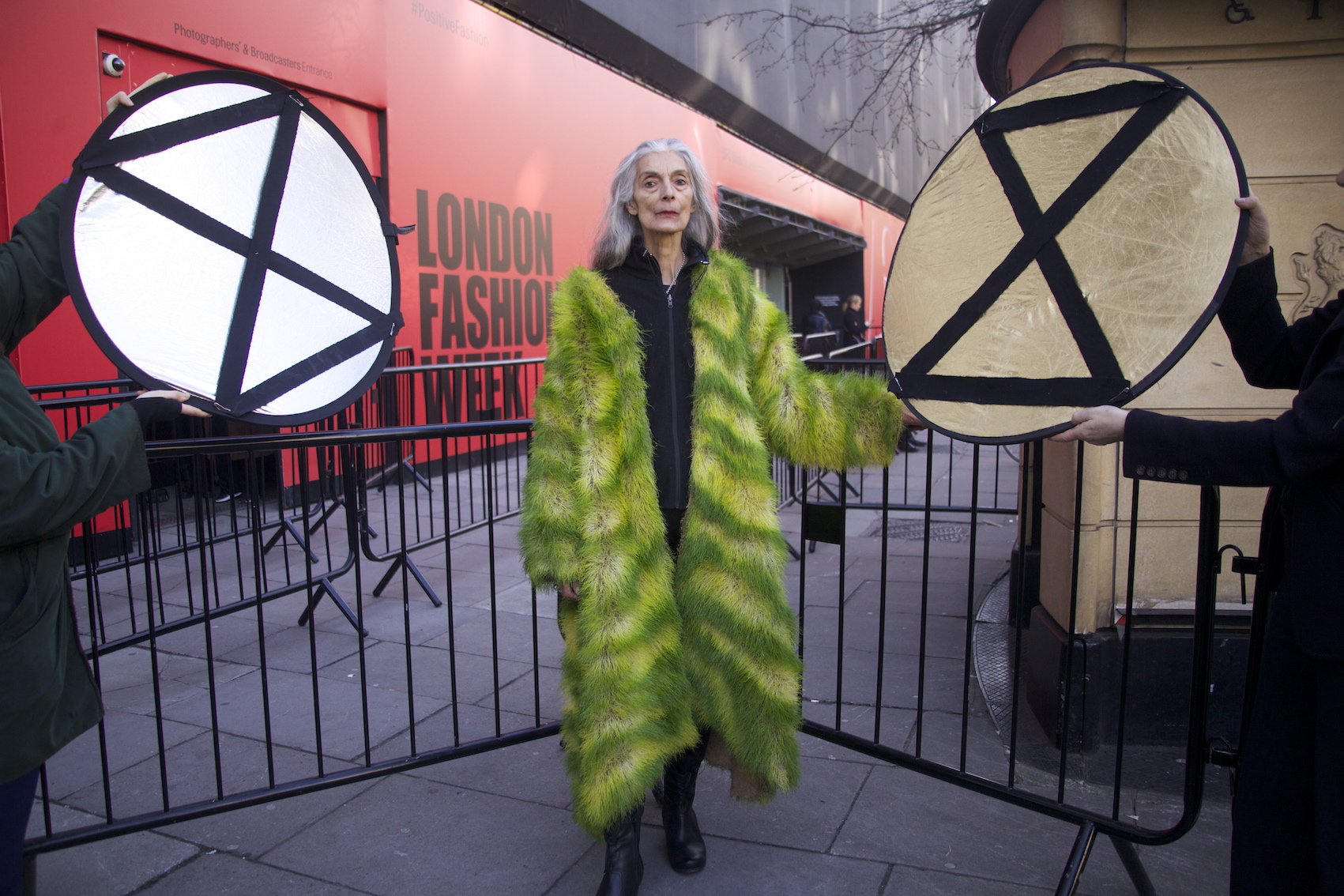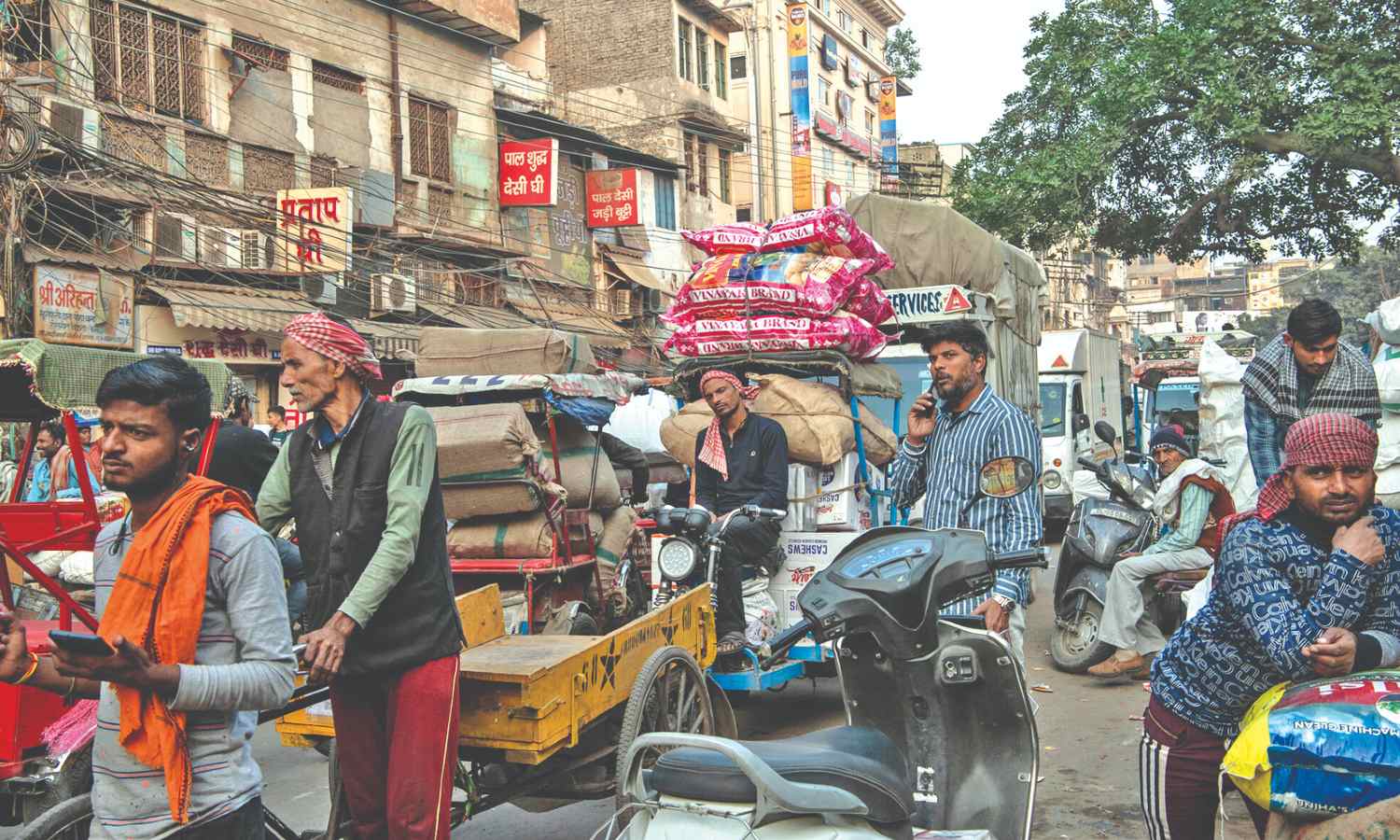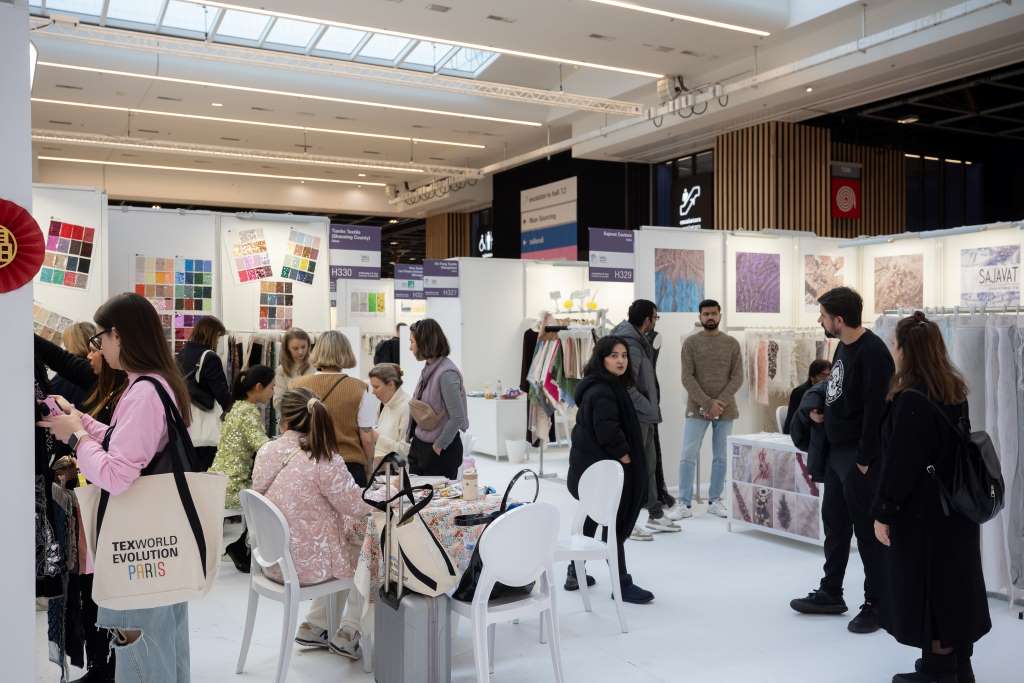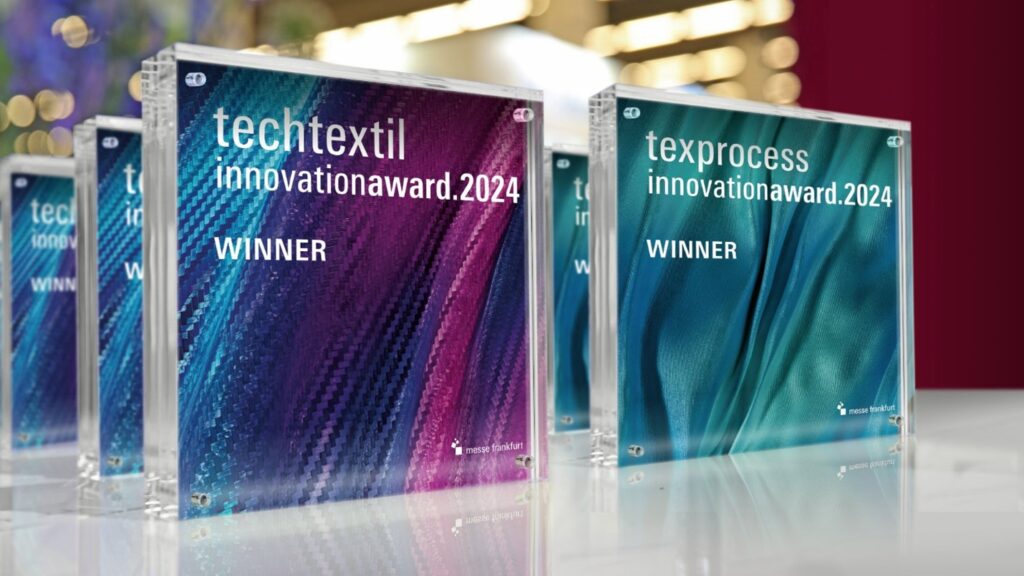FW
The 3-day high-level conference targeting the full spectrum of textile-manufacturing innovative technology applications and market trends, Textile World Innovation Forum 2015 will be held from December 1-3, 2015 at Sheraton Charlotte Airport Hotel, Charlotte, NC. Industry professionals for whom time is a constraint can get a high-value dose of the latest developments across the full textile spectrum—process technologies, trends and quick insights into hot topics in the textile market through this single-track, high-level event.
This conference was designed with professionals’ unique business needs in mind. Thus, management personnel in engineering, processing, plant operations, research and development, and quality control can avail of every insight in the textile world at this event.
Professionals from these fields will get unique insights into diverse areas of textile manufacturing such as, fibre, spinning, knitting, weaving, nonwovens, dyeing, printing, finishing, apparel manufacturing, and special-interest areas that may be adapted to their own operations. All this will be offered by the Forum at the conference.
In recognition of their outstanding efforts and accomplishments in product invention and innovation, a dinner will be hosted by the Innovation Forum for the Textile World Innovation Award for 2015, for one company.
Besides, the Quantum Group, Colfax, NC, along with its four sister companies, has been selected to receive the 2015 Innovation Award Recipient award. This is because of the company's long-standing commitment to innovation in the textile industry and incredible ability to solve clients’ challenges.
Textile units’ owners in Rajasthan and the government are at odds over the cost of setting up a common effluent treatment plant. The plant is estimated to cost around Rs 120 crores but mills say they don't have this much money and have urged the government to set up the plant. The court has asked the state and the Centre to share 50 per cent of the cost while the textile units’ owners would bear the remaining 50 per cent cost. Effluent treatment plants are designed to treat effluents coming from different processes of the plant. The treatment of different effluents varies with the type of effluent. Water effluent treatment systems are designed to treat effluents.
The issue of a common effluent treatment plant has been pending since 2003 when the high court had instructed owners to set up the plant. Later, the Supreme Court had also asked them to follow orders. In 2014, after receiving the environmental clearance from the Rajasthan State Pollution Control Board, the owners gave their consent to set up the plant.
As per a study conducted in 2012, a total of 650 units were functional in the Sanganer region, discharging 12.3 MLD of effluents. However, officials maintain that the actual figure is much higher. They say that more than 17 MLD effluents are being discharged.
A team comprising commercial enterprises, government representatives and the Nepal Pashmina Industry Association promoted high-quality, cashmere garments and fashion accessories under the Chyangra Pashmina trademark at the 6th Edition of Cashmere World. This is the only specialist commercial event for cashmere and fine fibres in the international exhibition calendar
Naindra Prasad Upadhaya, Secretary Ministry, Government of Nepal (GON, Ministry of Commerce and Suppliers, Nepal made a presentation on ‘Can the environmental footprint and the procurement process be lightened?’ at the corresponding event, Cashmere World Forum.
Upadhaya informed delegates about key areas addressed by the industry, and news of advances in cashmere fibre and finished cashmere merchandise production, of Nepal’s initiative in the cashmere business and presented statistics. The country’s commitment to the cashmere sector, exports of finished goods being responsible for approximately $26 million in 2014, was confirmed through his presentation, ‘Advancing supply and socio-economic development through quality enhancement of Chyangra Pashimina – High Mountain Cashmere from Nepal’.
He said that project was their first step to ‘green’ the industry to preserve our beautiful natural landscape in Nepal. In total 11 booths were occupied by Nepalese at the exhibition, of which three enterprises promoted the Pashmina trademark. The companies, Harati Woollens Knitwear, Shree Pashmina Industry, and Samanta Pashmina Crafts displayed a wide range of cashmere products, which included sweaters, scarves, women’s and children’s wear.


However, as Shuaihua Wallace Cheng, MD for China at International Centre for Trade and Sustainable Development and a Yale World Fellow for 2015, points out there is a need for the US government to look at inking a deal that help the overall development of its partner countries.
TPP’s strengths and implementation of SDGs
With more than 18,000 tariff lines reduced to zero, according to a fact sheet provided by the Office of US Trade Representative, 12 countries will merge into a more integrated market. This will significantly lower transaction costs for firms to trade among the TPP members, boosting economic growth and creating jobs.
The TPP pact, Cheng states, has one chapter dedicated to labour rights to prevent the race to bottom. Its members make an explicit statement supporting international core labour standards, from the freedom to form unions and bargain collectively to prohibitions against child labour and forced labour, and protection against employment discrimination. Although these standards are only minimum requirements to all signatory countries under the International Labour Organisation, this is the first time they will be incorporated in a large regional trade agreement with ‘teeth’, namely, possible trade sanctions against producers who violate core standards, Cheng points out.
Cheng argues this agreement will make some positive contributions to other sustainable development goals, by emphasizing good governance, anti-corruption measures and codes of conduct with high standards. TPP also has a chapter on development and capacity building. These are in line with the SDG 16 addressing justice and good governance and SDG 17 on effective partnership.
TPP’s negative impact on poor countries
However, Cheng says that the TPP agreement will negatively impact poor countries and people in vulnerable situations, while the SDGs obligate all countries to carry out an effective partnership to “work in a spirit of global solidarity, in particular solidarity with the poorest and with people in vulnerable situations.”
Citizens of a poor country outside the negotiations, he points out, will have no say at all on how TPP will affect their interests. For example, US subsidies to cotton farmers have been the largest concern for cotton farmers in poor countries. According to a research by Oxfam, US cotton farmers receive three times more in subsidies than the entire USAID budget for Africa’s 500 million people. Trade-distorting cotton subsidies have pushed down the global price of cotton, costing Benin, Burkina Faso, Chad and Mali more than US $100 million a year.
Even for Vietnam, the poorest developing country within the TPP, export potentials in labour-intensive sectors such as textile and clothing will be compromised by a restrictive “yarn forward” rule of origin insisted on by the US – if Vietnamese clothing exporters would like to enjoy the TPP market’s zero tariff, all components, from yarn to fabric to final item, must be produced by one of the members to the agreement. Note that the US is the most competitive producer of yarn, thread and fabric among the TPP countries.
Cheng says the US cherry-picked practices in the Doha Development Round negotiations of the World Trade Organization. The US negotiators have preliminarily secured the trade facilitation agreement, the expansion of information technology agreement and possible liberalization of environmental goods under the WTO frameworks, for which their business groups lobbied. However, the US leaves behind critical issues for developing countries, such as trade-distorting domestic farm subsidies, anti-dumping rules and tariff escalation of some products, he says.
In conclusion Cheng says in a new context of pursuing the Sustainable Development Goals over the next 15 years, the world needs leadership. As a nation promoting universal values of freedom, democracy and equality, the United States is in a good position to lead, he says, adding, the US political leaders should not merely follow US business interests, but stand for these higher values.
In this TPP agreement, the US has made positive steps in promoting trade for growth, strengthening environmental and labour protections in international commerce, and advancing anti-corruption principles, however, the country fails to support sustainable development by refusing to discontinue subsidies harmful to poorest countries outside the TPP, by insisting on the yarn-forward rule of origin and pushing unbalanced intellectual property protections that will likely cost lives, he avers.
If President Barack Obama would like to be remembered as a great global leader rather than a follower of business interests, he may need a bigger legacy than TPP, Cheng asserts, adding, there is a chance at the upcoming December WTO Ministerial Meeting in Nairobi, where the President should ask his trade officials to work more constructively with trading partners and deliver a more development-friendly package than the TPP.
www.un.org
The Australian Cotton Shippers Association may be denied authorisation by the Australian Competition and Consumer Commission (ACCC). This is due to ACCC’s efforts to change the way the industry classes cotton for contracts between growers and merchants. Jill Walker, ACCC Commissioner, in a statement said that the ACCC was not satisfied and the Cotton Shippers’ proposal and was likely to result in a public benefit that would outweigh anti-competitive detriment from the major merchants collectively refusing to contract with growers unless their cotton has been machine classed.
Cotton Shippers members represent the vast majority of merchants buying Australian cotton, most of which is exported. The current practice in Australia is for two of the five attributes that cotton is classed: colour and leaf (or trash content) to be classed visually; while the other three attributes are classed by machine. The merchants want full machine classing and seek authorisation from the ACCC to refuse to deal with growers unless this condition is met.
No proposal is in place to coordinate on the prices offered. Some growers oppose this move and are concerned that it would result in them receiving less for their cotton, while some support the full machine testing.
Dr Walker said that the ACCC does not accept Cotton Shippers’ argument that there is market failure, which justifies coordinated conduct by the merchants. Though, he says, there may be benefits in moving to full machine classing, individual merchants were free to move to a machine classing system at any time to realise the claimed benefits.
Various issues related to Bangladesh's readymade garment (RMG) sector were discussed at a recent meeting between Hanne Fugl Eskjaer, Danish Ambassador to Bangladesh, and M Siddiqur Rahman, President Bangladesh Garment Manufacturers and Exporters Association (BGMEA). This month, two Danish delegations arrive in the city to discuss how the Aalborg University can collaborate with (BGMEA). They also discussed the visit of the two delegations from Denmark—one from the Danish Fashion and Textile, and another from Aalborg University, said Nasir, who was also present at the meeting.
Different business issues, which also included raising productivity, environmental sustainability, energy efficiency, and occupational health and safety (OHS) in the RMG sector, were discussed during the meeting. Also, future cooperation on various issues was a point of discussion.
Moreover, Rahman and BGMEA officials were given an update on Danish engagement in Bangladesh RMG industry, including Strategic Sector Cooperation between the Bangladeshi Ministry of Labour and Employment and the Danish Ministry of Employment, to improve working conditions. BGMEA officials were briefed on Danish focus on Social Dialogue and how energy efficiency can enable greening of the RMG industry and focus on CSR activities.
Following a Federal probe, Walmart has removed ‘Made in USA’ logos from its website. According to a letter to Walmart from the Federal Trade Commission, the logos were pulled out to ‘prevent consumer deception’ that concerned the origin of the items.
This summer, after the watchdog group, Truth in Advertising discovered hundreds of products that were mislabelled, Walmart’s ‘Made in USA’ claims were questioned. For example, the group found the packaging on Walmart's store brand plastic sandwich bags say they are made entirely in Thailand; however, they were listed as Made in USA’ on the company's website. Thus, after the group released its findings, the FTC launched a probe.
However, now that Walmart has removed all ‘Made in USA’ claims from its website, the agency has decided to drop its investigation. Besides, for private brand products, the retailer has also updated its ‘Made in USA’ logos to include disclosures about what percentage of the products actually originate in the US.
Julia Solomon Ensor, FTC attorney stated in a letter that based on Walmart’s actions and other factors, the staff decided not to pursue the investigation any further. However, she mentioned that this action should not be construed as a determination that there was no violation.
Kory Lundberg, Walmart spokesman said the company was pleased with the FTC's decision and appreciate its thorough review of their programme. He added the company was committed to reviewing and strengthening its processes to help ensure customers get a great experience on their website and can find the products and information they are looking for.
The wool market has improved after a five-week downturn and prices have increased on the back of renewed demand from China and other markets. Buyers have begun to tentatively cover requirements for the new processing season.
Merino fleece types from 17 through to 23 micron all managed to gain around 50 cents with the best style lots continuing to attract strong competition from European interests. Skirting and carding types for the knitwear markets showed more modest rises of generally 20 cents and crossbred wools finally arrested their decline as well with a modest increase.
While there have been one or two large orders coming through as the more astute spinners and weavers lock in raw material requirements until the end of this season (June 2016), most enquiry is still for small volumes for prompt or quick delivery.
Supply and quality of wool going forward is forefront in the minds of buyers at present as the seasonal conditions worsen, but so is the annual issue of quota in China. The volume of wool already imported by China this year will test the availability of quota towards the end of this year and there may be the odd delay or postponement of orders until new quota is available.
A major initiative was recently launched by the fashion industry to improve working conditions for workers in clothing industry, across the globe. The global project will see clothes and shoe manufacturers create an industry-wide method for ensuring products are made by people who are well treated. The initiative includes big brands such as H&M and Levi’s, Nike and Adidas among other firms too back this Social and Labour Convergence Project.
CEO at non-profit supply-chain improvement experts Sedex, Jonathan Ivelaw-Chapman, says since the birth of ethical sourcing, there has been a proliferation of differing codes, audits, protocols and approaches. Lack of convergence causes issues, drains suppliers’ resources and makes it difficult to benchmark their efforts, he added. H&M too believes that the sustainability challenges faced by them needs joint efforts since all parties have a shared responsibility.
The brands believe that they will save money and redirect funds into improving conditions by creating one system of assessing supply chains. Michael Kobori, of Levi Strauss & Co welcomed the opportunity to explore how to support more effective ways to raise labour standards. Global exports in clothing and textiles reached nearly £518 billion in 2013, as per the World Trade Organisation.
A Section 77 notice was filed by the COSATU-affiliated Southern African Clothing & Textile Workers’ Union (SACTWU) with Nedlac against the City of Cape Town, its Executive Mayor and its Mayoral Committee recently. City of Cape Town’s unilateral decision to lease out the Good Hope Centre for commercial purposes to an international film company is the reason for this notice. City of Cape Town went ahead with the decision in spite of objections from SACTWU and other community organisations in Cape Town.
The City’s decision also means the SACTWU will not be able to hold its Spring Queen fashion event, a central pillar of the union’s efforts to promote South African-made garments and textile products at the Good Hope Centre; and thus the objection. The union believes that the decision undermines their ‘Save Jobs’ campaign and their efforts to rebuild the clothing and textile industry.
A trade union can call for protest action to promote or defend workers’ socio-economic interests as per section 77 of the Labour Relations Act. Such protest action would be protected, which means workers cannot be disciplined for exercising their right to participate there-in.
Now, Nedlac will try to resolve the dispute between the union and City of Cape Town and consider the merits of the union’s application. The union has indicated that it will protest action that involves its members, which includes mass rallies and placard demonstrations at targeted City of Cape Town offices, solidarity campaigns aimed at the media, stakeholders, the public, employees and suppliers of the City of Cape Town, demonstrations at events sponsored or organised by the City of Cape Town, and others, if the dispute is not resolved.




